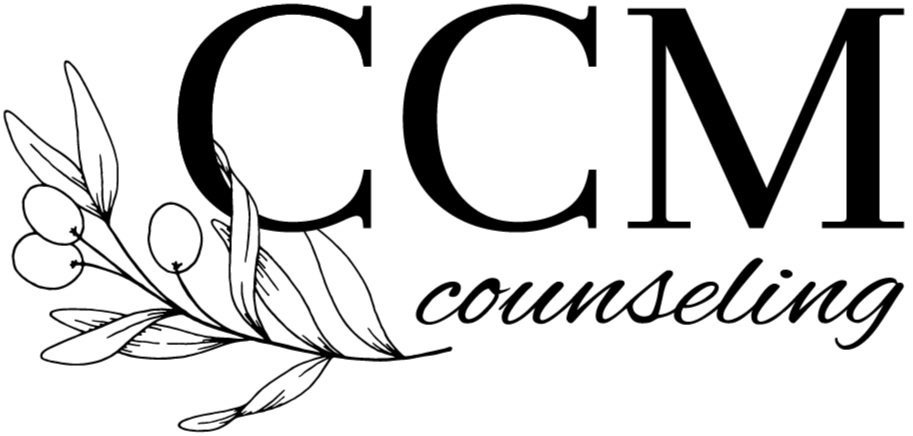In the beginning it was God, Adam and Eve. They walked and talked in the garden and felt neither guilt nor shame. Unfortunately, another voice, the voice of Satan, entered the garden. Because Adam and Eve listened to the voice of Satan over God, their world changed forever. Now, instead of feeling free, joyful and content, they felt guilt and shame and wanted to hide. Because of their choice to listen and believe another voice, we now live in a world that is riddled with feelings of guilt and shame, which drastically affects the way we think, live and interact with others.
Christine Caine, in her book “Unashamed,” states that guilt differs from shame. Guilt is feeling sorry for something you did and gives opportunity to apologize or correct it; shame is a harmful emotion that causes us to feel a deep sense that we are unacceptable because of something we did, something that was done to us or being associated with something or someone who brings shame upon us. Shame screams that you are a mistake, not acceptable. It makes you feel alone, naked, unclean, unlovable, disgusting and that you will never measure up. It is a feeling that something is inherently wrong with you. These negative intense feelings cause us to want to wear masks in order to keep people at a distance; we run and hide because we feel so badly about ourselves. The question always is, “If people really knew me, would I be acceptable, would I be loved?” Caine states that we need to differentiate the “who” from the “do.” What has been done to bring us shame is not who we are.
Curt Thompson, in his book “The Soul of Shame,” talks about a “shame attendant” who constantly whispers in our ears how horrible and unacceptable we are. He states that in order to combat shame we must understand the shame attendant and name it for what it is; otherwise it will tell us with a powerful force the wrong story. Shame has been a powerful weapon since the beginning. Because it has been a constant companion we are often unaware of it speaking. These negative, lethal thoughts seem to be just who we are. When we listen to and repeat these shame messages, we create pathways in our brain that become well-traveled roads that we continue to follow without giving them a second thought. We need to begin putting roadblocks in our brains to stop these shame messages in order to form new roads—as the Bible states we need to renew our minds. God wants us to be free of shame, where Satan uses shame to destroy our relationship with God and others. He uses it to keep us in a prison so we will not become who God created us to be. The beautiful truth is that our Father sent His only son to die on the cross to not only take away our sins, but also to scorn our shame so that we would no longer have to live under this horrible weight of lies and half-truths that the shame attendant relentlessly speaks in our ears. Sadly, believers hear the truths of the gospel, but still tend to listen to the shame attendant over God’s voice of grace. When we choose to listen to Satan’s voice instead of our gracious Father, we are robbed of the abundant, purpose-driven, passionate life He has planned for us. Instead of walking in truth and freedom we, like Adam and Eve, hide and cover ourselves so we won’t be vulnerable. We tend to engage in destructive coping mechanisms or seek other things to make us feel valuable.
We need to stop listening to the wrong voice—the shame attendant—and begin listening to God’s voice and what He says about us. His voice of grace is forever calling us, but when dealing with shame it almost seems like an impenetrable fortress. It seems impossible to tear down. We need to allow our walls to fall and need to begin saying goodbye to shame’s message and replace these long held false beliefs with the truth of God’s word. Sounds easy enough, but unfortunately, it is not. It is a very slow and difficult process and we can’t do it alone. Thompson states that we need a cloud of witnesses to walk with us. In other words, we need community. We need to have people we trust to talk to when shame is screaming in our ears trying to cause us to hate ourselves and to run and hide. We need to invite our cloud of witnesses to speak truth to us and help us walk a new walk filled with truth and grace. We need to find community, people and places that encourage growth. In order to walk out of shame and no longer allow it to rule us, we need to begin to slowly trust the voice of grace which is calling us into a new story, a story where we will live out what God’s intent has always been.
Can you imagine if you felt no vulnerability, no shame, what you might do? What creative things would you pursue, what new adventures would you take, who might you serve in the community? As children of the Most High we need to no longer let the shame attendant dictate who we are. We are nobility, His beloved. If you choose to admit and name your shame and begin to listen to the voice of grace, something beautiful awaits you. God’s desire is for His people to be a light, a city on a hill, not prisoners living in dark cells and chains. As Dr. Seuss says in his famous book: “Oh, The Places You Will Go.”
Written by Susan Briggs, MA, LPC







